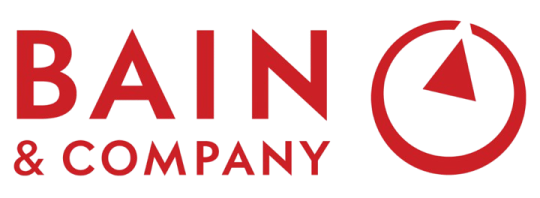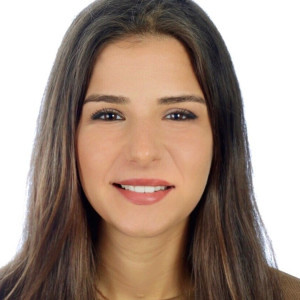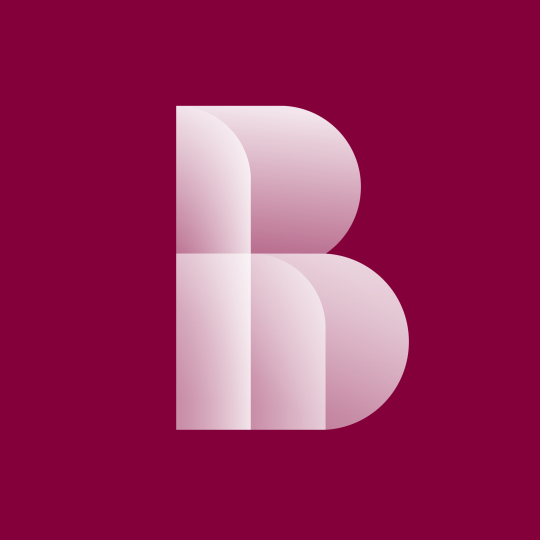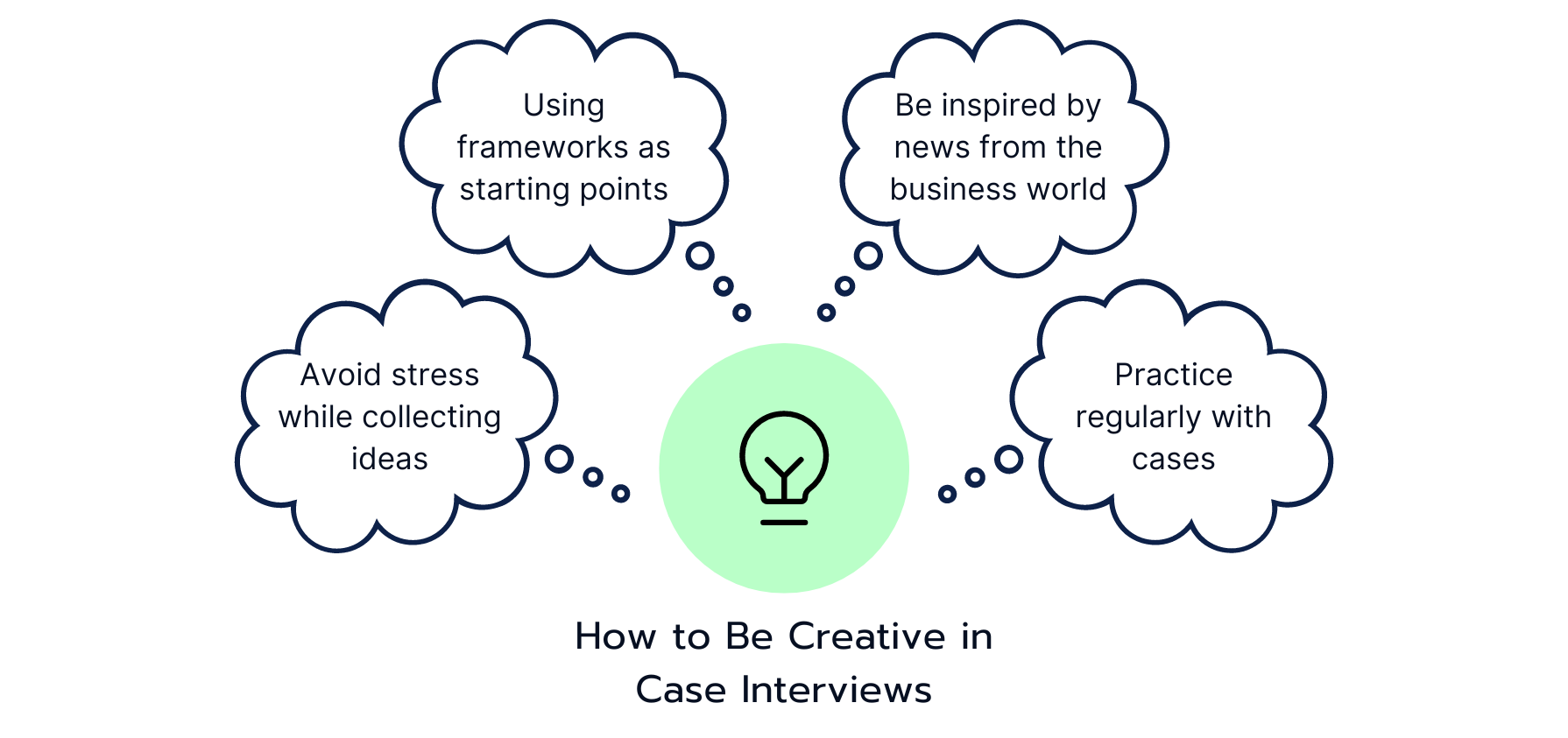Consulting Skills & Preparation
In case interviews, having solid general knowledge can make a big difference, especially in market sizing questions. Knowing basic facts about regions, population sizes, and economic indicators helps you build stronger arguments. It’s not just about the analysis itself but also about showing interviewers that you understand global trends and can quickly process key information — an important skill in consulting.In a case interview, quick and accurate estimates are essential. For example, if you're asked to evaluate the potential market for a product in a specific country, having solid data — like the population size — is crucial. Without this information, it can be challenging to make a meaningful calculation.In addition to national market data, it's important to know about key global markets. Being familiar with major economic regions like the U.S., China, and the EU is valuable because large consulting firms such as McKinsey and BCG operate extensively in these areas. A solid understanding of these regions shows that you can think about global factors and helps you stand out from other candidates. What Your Knowledge of Population, Economy & Geography Says About YouHaving strong general knowledge in specific areas not only shows that you are well-prepared, but also that you can quickly understand economic relationships—a crucial skill in consulting. When you have information like population sizes or a country's Gross Domestic Product (GDP) at your fingertips, you can quickly verify assumptions and make informed decisions, which is exactly what case interviews expect.Additionally, your knowledge of these topics demonstrates a genuine interest in world affairs and your ability to recognize and understand global trends. This insight is vital for evaluating how political, economic, and social changes affect businesses. It also highlights your capability to absorb and use complex data effectively.PopulationCountry/RegionPopulation (approx.)Worldwide8.05 billionChina1.426 billionIndia1.419 billionEurope (EU states)450 millionUSA335 millionIndonesia277 millionBrazil203 millionRussia143 millionJapan124 millionGermany83 millionUK68 millionGDP Forecast in USD for 2024Country/RegionGDP 2024 (approx. in trillions USD)Worldwide105 trillion USDUSA25 trillion USDChina18 trillion USDJapan4.3 trillion USDGermany4.5 trillion USDFrance3.0 trillion USDUK3.1 trillion USDIndia3.9 trillion USDItaly2.2 trillion USDBrazil2.1 trillion USDCanada2.2 trillion USD Key Data to Know for Your Case InterviewIn case interviews, making quick and accurate estimates is key. A good grasp of units, along with basic fraction and percentage calculations, is essential for working efficiently. Additionally, being comfortable with time units is important for making rough estimates and calculations. The table of larger and smaller time units below provides a handy overview of commonly needed values. These fundamental skills help you tackle tasks confidently and quickly.Overview of Time Conversions: Days, Weeks and HoursLarger UnitsSmaller UnitsDays/Year365 days (In leap years: 366 days)Days/3 Years1,095 daysDays/4 Years1,461 days (including 1 leap year)Weeks/Year52 weeksHours/Week168 hoursSeconds/Hour3,600 secondsConversion of Fractions to Percentages and Decimal ValuesFractionPercentageDecimal1/520%0.201/616.67%0.16671/714.29%0.14291/812.5%0.1251/911.11%0.11111/1010%0.101/119.09%0.09091/128.33%0.08331/137.69%0.07691/147.14%0.07141/156.67%0.06671/166.25%0.06251/175.88%0.05881/185.56%0.05561/195.26%0.05261/205%0.05Remember, it’s not enough to just memorize these numbers—you also need to be able to calculate with them effectively!Use our Mental Math Tool to specifically train your math skills and prepare for your next interview.









